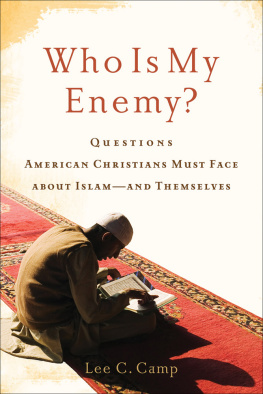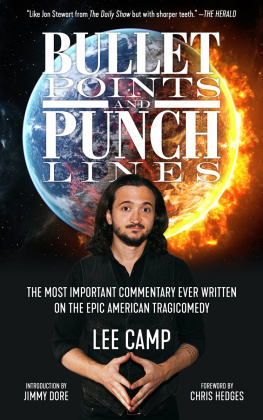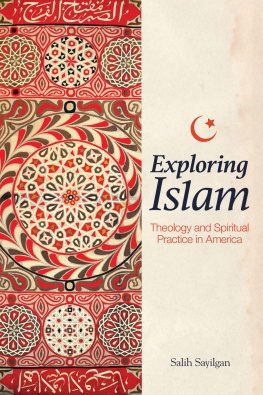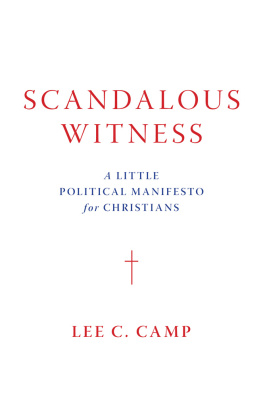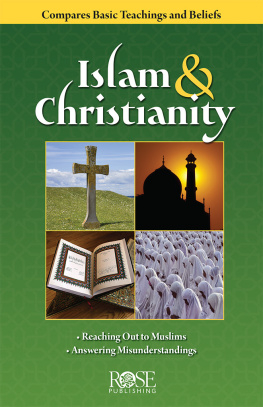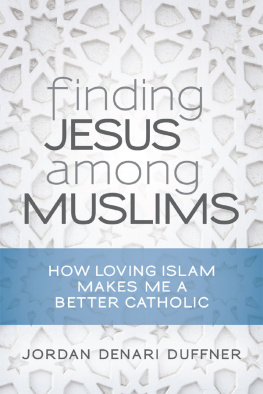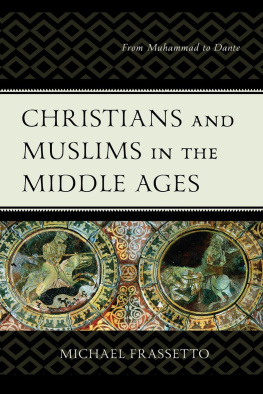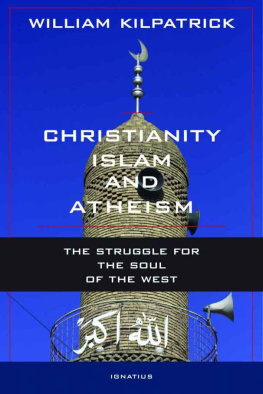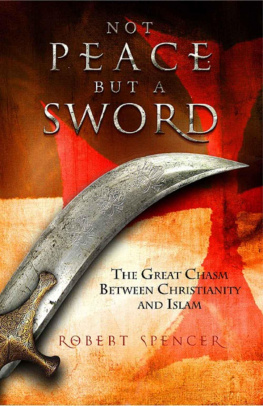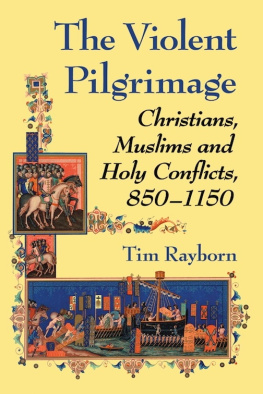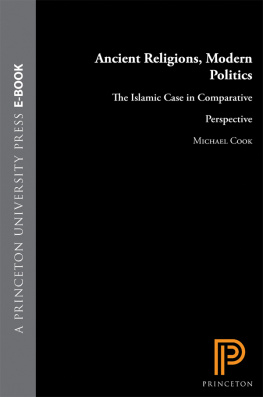Youve heard it said, Love your neighbor and hate your enemy. But I say, Love your enemies and pray for those who persecute you, so you may be children of your Father in heaven; for God makes the sun to rise on both the evil and the good, and sends rain on both the righteous and the unrighteous. If you love those who love youwell, so what? Even mobsters love that way, dont they? And if you show care only to your brothers and sisterswell, whats the big deal there? Even those who have no relation with God love that way, dont they? So, grow upinto the sort of whole and complete love with which your heavenly Father loves.
Our struggle is not against enemies of flesh and blood, but against the rulers, authorities, and cosmic powers of this present darkness.
Preface
Public Enemy Number One was killed last night.
The night before I signed off on the proofs of this book, Osama bin Laden was killed. The United States Public Enemy Number One for a decade and the mastermind of the 9/11 terrorist plots, bin Laden had been hunted down and his death was greeted with widespread revelry and celebration. The media reported student gatherings in front of the White House complete with chants of U-S-A! President Obama, in announcing the killing of bin Laden, asserted, Justice has been done. Numerous government officials called bin Ladens death a victory against terrorism.
But how do we determine who our enemies are? And , who is the we ? Our enemies are not flesh and blood, said the apostle Paul. Nonetheless, if we do identify enemy with any given person, how can killing that enemy be a victory for those who follow the Jesus who taught us to love our enemies? Moreover, does our celebration of such killing really serve as a victory over the forces of terror? Certainly Osama bin Laden, his body cast into the sea, will himself foment no more terror and strife. But ultimately, can such vengeance overcome evil? Can there even be such a thing as a war against terror? If the light of Christ has overcome the darkness through suffering love, if at the cross of Christ the justice of God was satisfied, and if we are called to take up our cross and follow Jesus, what then? Could it be that the killing of Osama bin Laden is but a continuation of bin Ladens ways, which in the end can only be overcome in the long-suffering love of Christ?
These are neither trivial nor flippant questions, and I raise them with much trepidation.
A few months ago I sat across the table from a man who had been described by the local media as stirring up the populace by warning of a coming Muslim threat to America. Knowing that theology is biographically informed, I began by asking him to tell me his story of what brought him to the questions and concerns that were animating him in recent years. He told of being raised a conservative southern Christian, later becoming an Episcopalian, and still later a serious Buddhist. But after September 11, 2001, he recounted, he no longer had interest in Buddhism but would spend his time studying the Quran and the Sunna (the words and deeds of Muhammad).
He grabbed a piece of paper and, employing the handwriting of the scientist he is by training, recounted his statistical analysis of how often war-making is discussed in the texts of Islam, We talked at great length about his understanding of the texts. He clearly believes Islam to be a threat, and dangerous. I recounted alternate interpretations, citing a prominent Muslim theologian in Jerusalem. He responded by saying he cares nothing about Muslimology. I dont care what any Muslim may say about the Quran or Islam; I only care about the authoritative original texts , he said in effect.
It just so happened that we were two doors down from the mosque on Twelfth Avenue in Nashville. About that time a young man entered the shop, who, from the looks of his apparel, was Muslim. So I said to the man across the table from me, Have you ever met with local Muslims, talked to them any?
No.
Why not?
Because Muhammad teaches them that I am their enemy. So if they are Muslims, I am by definition their enemy. And since they believe that Muhammad was one of the greatest of men, I cannot be friends with someone like that. They are my enemy.
I share with you in this book my own recent journey, trying to make sense of such claims. What are we to make of the apparent threat posed by Muslim militants, and what are we to make of the perceived differences between Christianity and Islam? I have come to think there are some things that need to be said that are not being said, so I started digging around, traveling where I could, and having conversations with folks I never dreamed of having conversations with, in order to better say these things. This journey has taken me not only to the mosque in Nashville but also to the Blue Mosque in Istanbul; to the Oklahoma City National Memorial, where an angry American ex-military man killed 168 people in cold blood; to Hebron, where I would drink Coke with a lifelong PLO activist and colleague of Arafat; to the hills above the Sea of Galilee, where I would read the Sermon on the Mount; to the Old City of Jerusalem, where the blood of Muslims ran deep at the hands of Christian Crusaders; and to New York City and Ground Zero, where the blood of many tribes and tongues was spilled at the hands of Muslim militants.
In this process I have found myself rattled again by what Jesus actually taught and lived, and I frankly wish sometimes that he had taught and said something different than he did. And I have discovered tales and truths both troubling and challenging, which I share herein.
Book writing, like any good work, demonstrates that our myths about individualism are untrue. All work worth doing is necessarily dependent upon the work, goodwill, support, and kindnesses of others. I am thankful for Lipscomb University, the daily Christian community of which I am grateful to be a part, especially Provost Craig Bledsoe for research funding; Craig Katzenmiller and Jonathan Melton, former students and now friends who provided research assistance on this project; the support of the staff of Beaman Library, especially Carolyn Wilson and Rachel Pyle; my dean, Professor Terry Briley, my departmental chair, George Goldman, and all my colleagues in the College of Bible and Ministry and the Hazelip School of Theology, with whom I share a Christian community in which much is held dearly in common, while enough is not held in common to provide us sufficient opportunity to practice charity one with the other, and they most often with me; and Randy Lowry, president of Lipscomb University, who continues to challenge us all to do good work well.

